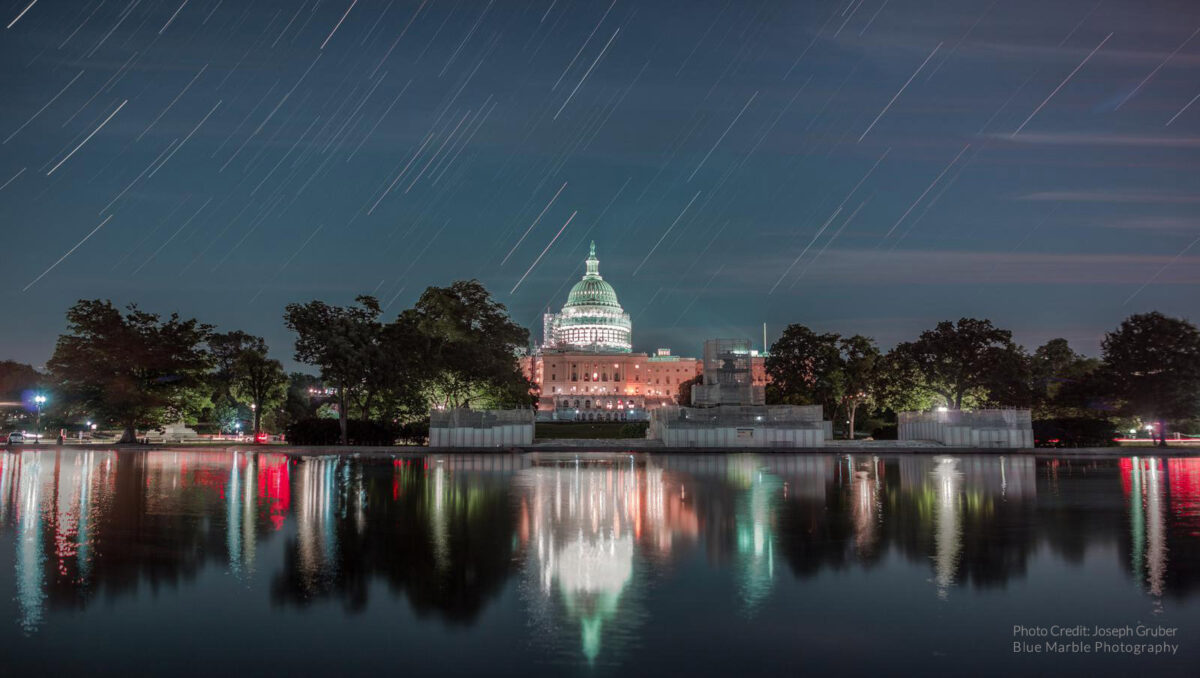The Space Advocate • Sep 08, 2021
The Space Advocate Newsletter, September 2021
From the Chief Advocate

I try to be an optimist. It's counter to my nature, but nevertheless good practice for living a happier life.
So when Vice President Mike Pence announced NASA's 2024 lunar return goal in the summer of 2019, I didn't dismiss it. Sure, it was unlikely. Sure, it was hard. And sure, the last time NASA (or anyone, including SpaceX) developed a new human-rated spacecraft that rapidly was before the Apollo program. Nevertheless, I embraced the optimistic viewpoint. Maybe it could work. I savored the eternal sunshine of a positive mind.
But that eternal sunshine was belied by some permanently shadowed craters of doubt.
First, the Trump administration requested too little funding, too slowly. Then Congress underfunded the effort by an order of magnitude. By February of this year, we here at The Planetary Society had seen enough.
In formal recommendations to the incoming Biden administration, we stated the 2024 goal was no longer possible. We urged them to perform a rapid reassessment in order to "set a technically and financially realistic target date for the initial lunar landing mission."
So far the Biden administration and NASA Administrator Bill Nelson have been reluctant to do so, still holding on to 2024 as a possibility. But just last month, two events may have forced their hand.
Item one: Blue Origin, smarting from its loss of the human landing system development contract and subsequent protest dismissal by the Government Accountability Office, sued NASA. Within a week the space agency had stopped work on the program, pending litigation set to wrap up by November.
Item two: NASA's internal inspector general released a blunt report on the state of the agency's next-generation spacesuit program. Funding cuts and other technical delays mean no lunar spacesuits will be ready by 2024, no matter the state of the human landing system program.
Deadlines are good. They focus effort, clarify priorities, and support accountability. But an unrealistic deadline does none of those things. It drives wasteful decisions, demoralizes a workforce, and creates unfair public expectations.
We need a new near-term deadline for returning to the Moon — one the nation is willing to accept, one we are unwilling to postpone, and one which we intend to achieve.
Until next time,
Casey Dreier
Chief Advocate
The Planetary Society
Space Policy Highlights

The thinking behind Blue Origin's lawsuit against NASA (theatlantic.com) "Blue Origin, recently filed a lawsuit in federal court claiming that NASA’s process for choosing a supplier for its new landing system had “flaws.” According to the company, the process that this year led NASA to pick Elon Musk’s SpaceX over Blue Origin, which partnered with other aerospace contractors for the bid, was not fair. NASA, which had already started paying SpaceX for the job, now has to put the effort on hold."

Lunar spacesuits won’t be ready in time for a 2024 landing (spacenews.com) "Spacesuits that NASA astronauts will need to walk on the moon won’t be ready in time to meet a 2024 lunar landing goal, NASA’s inspector general concluded. In an Aug. 10 report, NASA’s Office of Inspector General (OIG) said the next-generation spacesuit the agency is developing for the Artemis program, known as the Exploration Extravehicular Mobility Unit (xEMU), won’t be ready for flight until at least April 2025, and may be subject to further delays."

NASA’s hopes for infrastructure funding grow to $15.7 billion (spacepolicyonline.com) "In a letter to Senate Majority Leader Chuck Schumer (D-NY) and Senate Budget Committee Chair Bernie Sanders (I-VT), three Democratic Senators put forward the case for including $15.7 billion for NASA as part of reconciliation, a budgetary process Democrats are using to provide $3.5 trillion in “human infrastructure” funding for Democratic priorities in areas such as health care, education and clean energy."

The report that could make or break the next 30 years of astrophysics (scientificamerican.com) "For more than a few astronomers, a drab name like “the Decadal” does not properly capture a process that holds such sway over their destiny. Instead they sometimes just call it “the voice of God.” In coming weeks, when Astro2020’s final report is released, that voice—that supposedly communal voice—will once again speak. Yet outside of a chosen few, sworn to secrecy, no one in the community knows in advance what it will say. Everyone, though, agrees Astro2020’s conclusions arrive at a time of peril."
A similar decadal survey report for NASA's planetary science program will be released next year.

Why we need plutonium power for space missions (planetary.org) "All spacecraft need electrical power to function. Most use solar panels that harvest energy from the Sun, but this solution has its limitations. Missions exploring the distant reaches of the solar system cannot generate enough energy from the distant, dim Sun. Shadowed craters, two-week-long lunar nights, and the dusty plains of Mars also prevent dependence on solar energy for long-lived missions. We need another source of power to explore these extreme cosmic locales. That solution is Plutonium-238."
Planetary Radio: Space Policy Edition

The cultural rituals of space advocacy, with Linda Billings
Communication is culture, states Dr. Linda Billings, an expert in social science and space outreach. So what culture is summed by the types of space advocacy that call for pioneering, colonization, and conquest of nature? Dr. Billings talks about the importance of language and context when advocating for space, and how we should consider other cultural values and frameworks for effective public engagement.


 Explore Worlds
Explore Worlds Find Life
Find Life Defend Earth
Defend Earth

